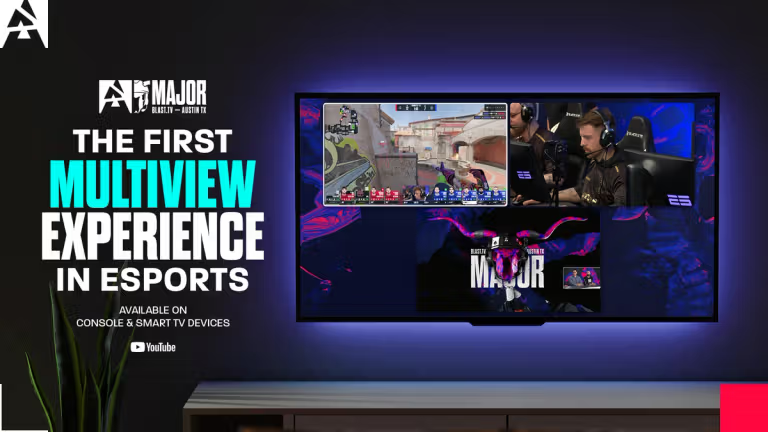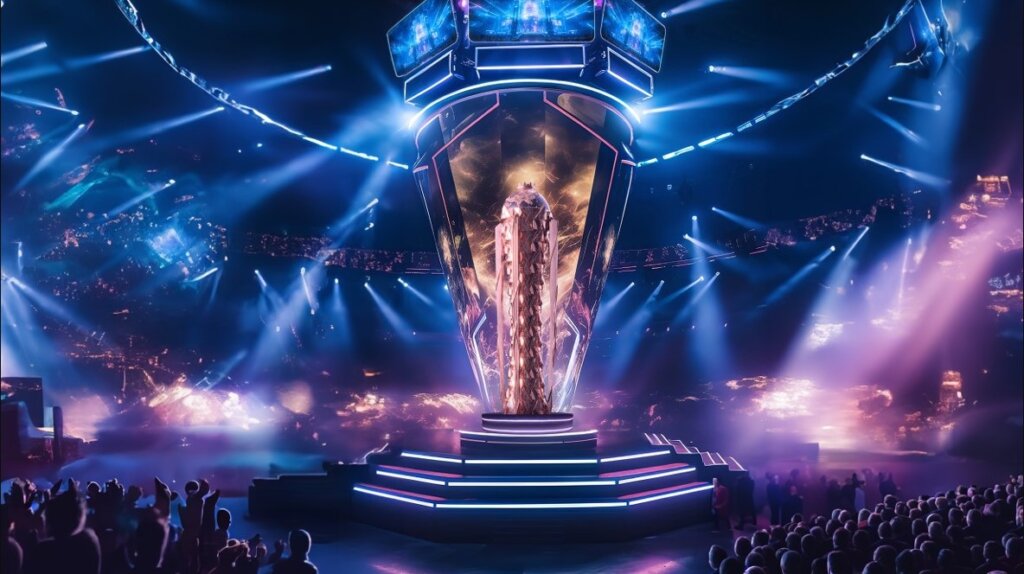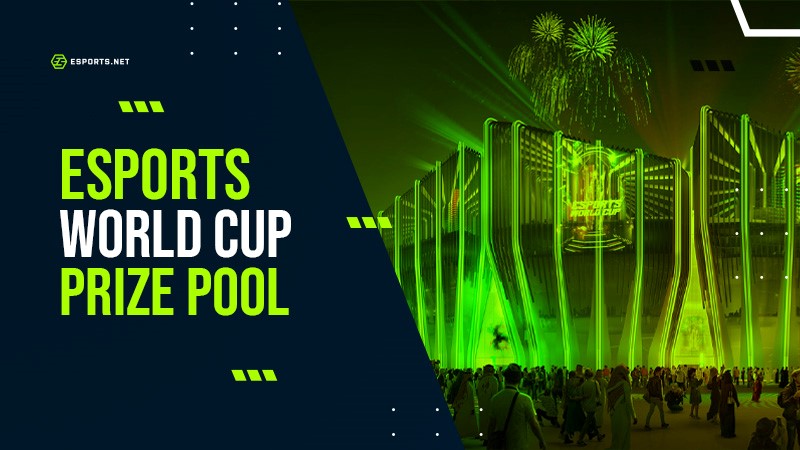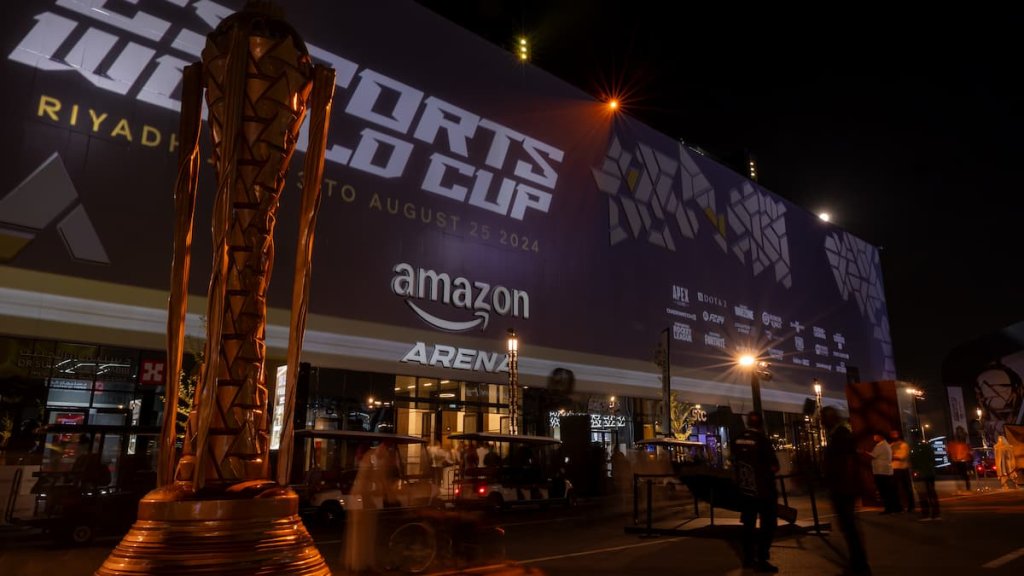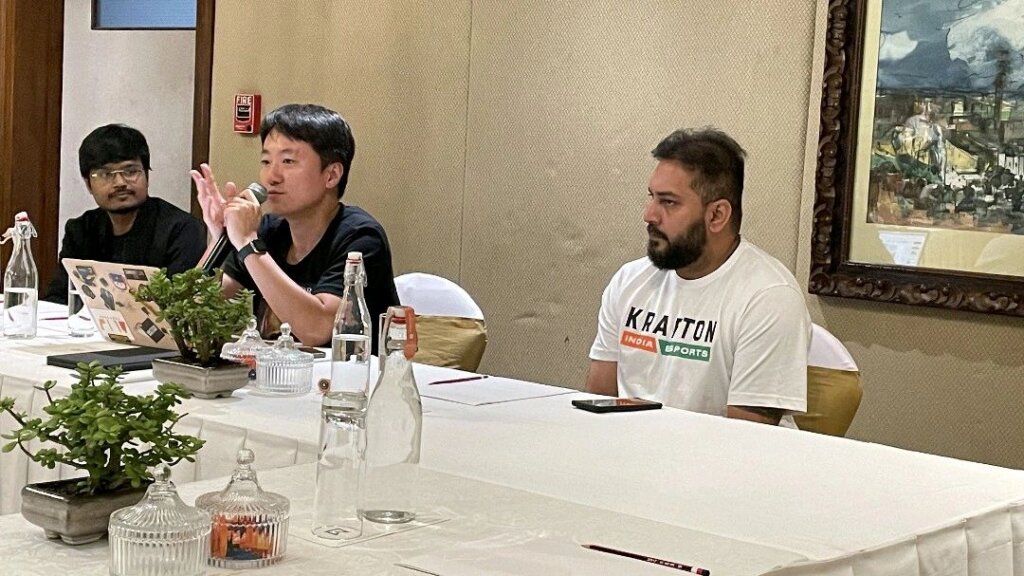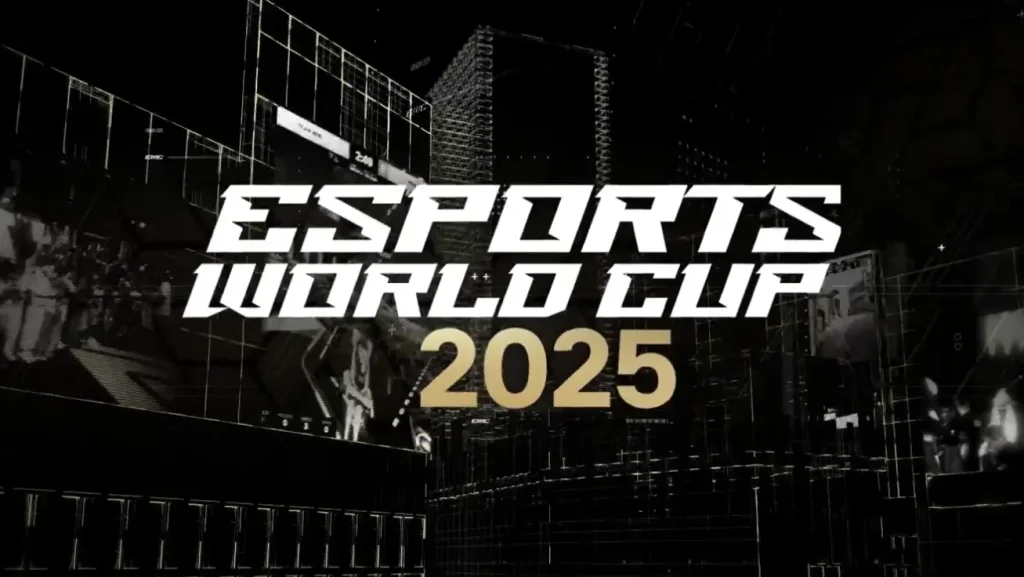
Why a German politician wants to eliminate the term ‘esports’
There has been plenty of opposition to the growth of esports in the traditional sporting world. But this week saw one of the fiercest criticisms of the competitive gaming phenomenon. This came from the German State Minister of the Interior and for Sports, Peter Beuth, who stated that he wanted to exterminate the term ‘esports’ as it gave the impression that competitive gaming could be considered as being just like traditional sports such as football and tennis.

© Peter Beuth
Such outspoken views are directly in contrast to the prevailing attitude endorsed by Germany’s coalition government who had previously supported moves to encourage the growth of esports. Such measures would have seen esports being treated the same as traditional sports, and it could have paved the way for German esports clubs to receive extra funding and take advantage of special benefits granted to sports organisations.
Key reasons why German esports could be in trouble
Whilst Germany was one of the earliest nations to embrace the competitive gaming trend, it seems that many key figures in the nation’s government and sporting organisations are having a hard time in getting to grips with esports.
The State Minister of the Interior and for Sports’ comments that esports have nothing to do with sport are nothing new. But was the tone of Peter Beuth’s remarks that showed how little understanding of esports there is in these legislative bodies. Beuth stated that he couldn’t see ‘how moving the thumb and forefinger is supposed to be a sport’, and stated that the government’s plan to boost the growth of esports could be ‘catastrophic’.
Instead of helping Germany’s competitive gaming scene, Beuth would rather see Germany’s young people get ‘into the gym and into the field’. This follows on from common thinking that video gaming is a largely sedentary activity and offers its competitors very little in the way of physical benefits.
In addition to this, Beuth even went as far as stating that esports tournaments don’t play by the rules of traditional sports associations, but instead catered to the demands of ‘American companies’. These remarks are similar to those espoused by the governing body of Germany’s Olympic organisation who recently stated that it couldn’t consider allowing esports like League of Legends and Counter Strike Global Offensive to be included alongside traditional sports.
How will German esports survive these remarks?
Whilst there is little denying the fact that Beuth’s remarks could harm German esports’ attempts to get full sporting recognition, it seems as though there is just too much enthusiasm for competitive gaming in the nation to let such remarks stop the progress of esports.
Already, key figures such as Ralf-Rainer Klatt, the vice principal of Hesse’s organised sports organisation, has leapt to the defence of the esports phenomenon. Klatt suggested that as digitisation is entering all aspects of society, the arrival of esports signifies how this trend has finally reached the sporting realm. In addition to this, Klatt stated how many young people like to ‘do esports as team sports’ which suggests that there could be many benefits for encouraging individuals to pursue competitive gaming.
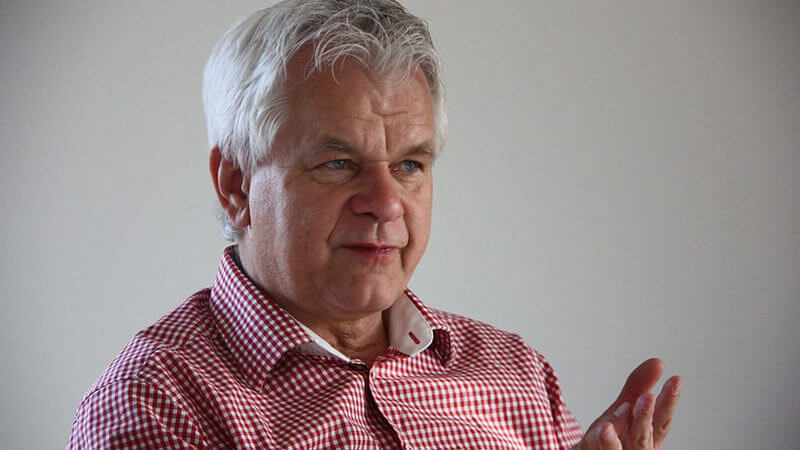
© bbiew
These remarks show that there is plenty of division in Germany’s governing bodies in regards to how to treat the nation’s burgeoning esports scene. But with the government looking to encourage the growth of esports, it seems as though Beuth’s comments shouldn’t slow down German esports clubs enjoying the potential benefits of being recognised alongside traditional sporting organisations.
Why Germany could become an esports world-beater
Beuth’s remarks could be seen as being a backlash against the unexpected level of popularity of esports in Germany. The country has a very fertile esports scene with top gaming organisations like Electronic Sports League being based in Cologne. ESL hosts many of the world’s biggest gaming tournaments that see players from all over the world flocking to play titles such as Counter Strike Global Offensive and Dota 2.
It’s a trend that has already been seized upon by many massive companies. McDonald’s recently shocked the sporting world when they announced that they would be halting their sponsorship of the German Football Association to instead partner with the ESL Meisterschaft tournament. And when you see legendary German car manufacturers such as Audi jumping on the esports bandwagon to sponsor competitive gaming teams like Astralis, Ingolstadt FC, Bayern Ballers Gaming and FOKUS CLAN, it’s clear that big changes are afoot.
Whilst it’s fairly unsurprising to find that many older people in government may have doubts about the esports phenomenon, it’s clear that the introduction of big sponsorship deals by large brands could change their opinions of competitive gaming. And above all, with the German esports community growing and maturing each year, it remains to be seen how long it can be until competitive gaming is recognised as a traditional sport.
